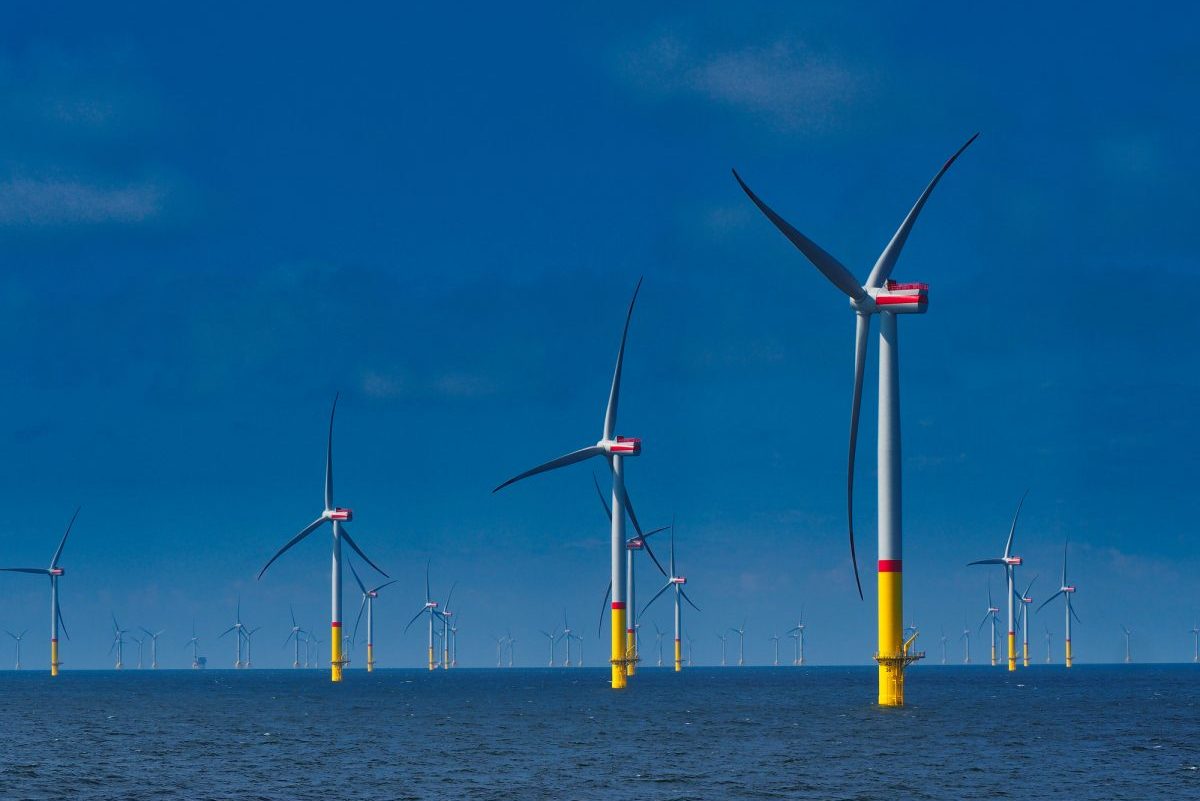More offshore wind power in the Baltic Sea region shall make Europe less dependent on Russian energy. But the associated demand for raw materials could increase dependence, especially on China.
The North Sea is to become the “green power plant for Europe,” as was said last week at the wind energy summit in Denmark – today the focus is on the Baltic Sea. In Kristiansand, Norway, the ministerial meeting of the Council of the Baltic Sea States is taking place, to which eleven states and the EU belong; Russia’s membership has been suspended. At the meeting, German Foreign Minister Annalena Baerbock wants to advocate the joint development of offshore wind energy. Germany also wants to use its upcoming presidency of the Council of the European Union, starting July 1, to advance this cause. The expansion of renewable energies and energy infrastructure in the region should not only make an important contribution to combating climate change, but also make Europe less dependent on oil and gas supplies from Russia.
Norway is Germany’s second most important energy supplier after Russia, writes the German Foreign Office. As we recently reported, the two countries want to deepen their energy partnership even further. Baerbock therefore also wants to take advantage of her visit to Kristiansand to meet with her Norwegian counterpart Anniken Huitfeldt. Among other things, she plans to visit two companies that operate in the energy sector and are involved in the efficient control of wind turbines and the synthetic production of graphite powder. The battery raw material, which is used in wind turbines, among other things, is largely produced in China, writes the German Raw Materials Agency (DERA). Permanent magnets made of rare earths, which are needed to build wind turbines, also come to around 90 percent from the People’s Republic. The planned expansion of offshore wind energy in Germany from the current 7.8 gigawatts (GW) to 30 GW by 2030 could therefore further increase dependence on imports from the People’s Republic.
In her speech yesterday at the World Economic Forum in Davos, EU Commission President Ursula von der Leyen also pointed out that the acceleration of the energy transition should not lead to new dependencies (we reported). The Commission is therefore working to establish strategic raw materials partnerships with countries such as Canada in order to diversify supply chains, she said.
Photo: iStock/Tafkan H


